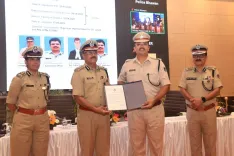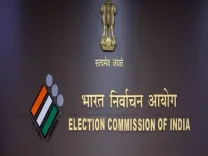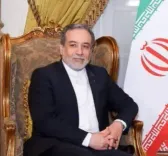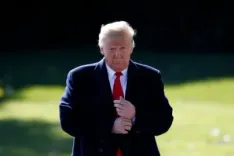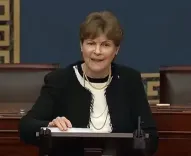What Happened on May 26 When Narendra Modi Took Oath as Prime Minister for the First Time?
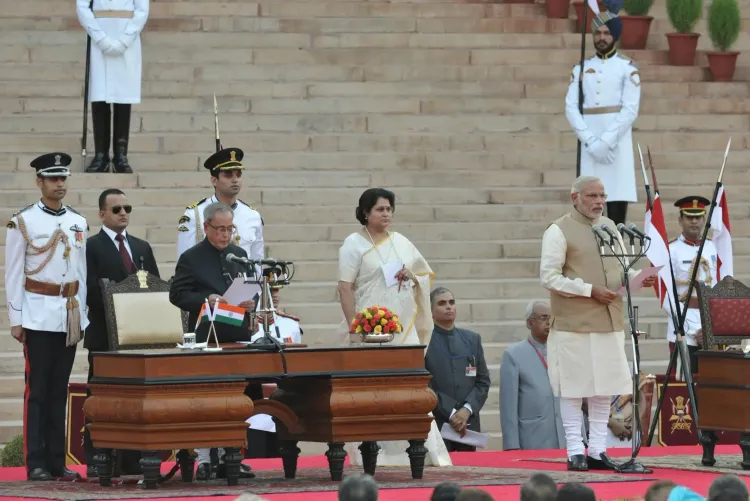
Synopsis
Key Takeaways
- May 26, 2014, marks a pivotal shift in Indian politics.
- Narendra Modi became the 15th Prime Minister of India.
- The BJP's victory signaled the start of a new political era.
- Modi's leadership has faced both support and opposition.
- Strengthening ties with neighboring countries remains a priority.
New Delhi, May 26 (NationPress) The government led by Narendra Modi has achieved the remarkable status of being one of the most influential administrations in India's history, a distinction previously held only by the nation’s first Prime Minister, Jawaharlal Nehru.
The onset of this 'transformative political era' commenced on May 26, 2014, when Narendra Modi took the oath of office for the very first time, becoming the Prime Minister of India.
Following a resounding victory in the 2014 Lok Sabha elections, Narendra Modi was inaugurated as the 15th Prime Minister, a moment deemed pivotal by political analysts and commentators across the board.
During a public rally in Dahod, Gujarat, PM Modi reflected on this significant day, discussing his 'new beginnings' at the 7 Lok Kalyan Marg, his official residence in the nation's capital.
“Today is May 26. On this day in 2014, I took the oath as Prime Minister for the first time. Thanks to your support, I have been dedicated to serving the people around the clock. Over these years, we've made decisions that were once considered unimaginable and have broken free from long-standing constraints,” PM Modi expressed.
He extended his gratitude to the people of his home state, stating, “The people of Gujarat showered me with their blessings, which was later echoed by millions nationwide,” highlighting a remarkable shift from state to national politics.
When PM Modi took office on May 26, 2014, it marked the conclusion of the decade-long rule of the Congress-led UPA government and heralded a significant transformation in Indian politics, which many did not foresee as the dawn of the BJP's 'golden age' and the decline of opposition parties, particularly the Congress.
The oath of office was administered by the then President Pranab Mukherjee during a grand ceremony held at the forecourt of Rashtrapati Bhavan, attended by over 4,000 dignitaries and distinguished guests.
A notable highlight of his inauguration on May 26, 2014, was the attendance of leaders from neighboring countries, including Pakistan and Sri Lanka. This participation from regional heads underscored PM Modi's intent to strengthen relationships with neighboring allies.


